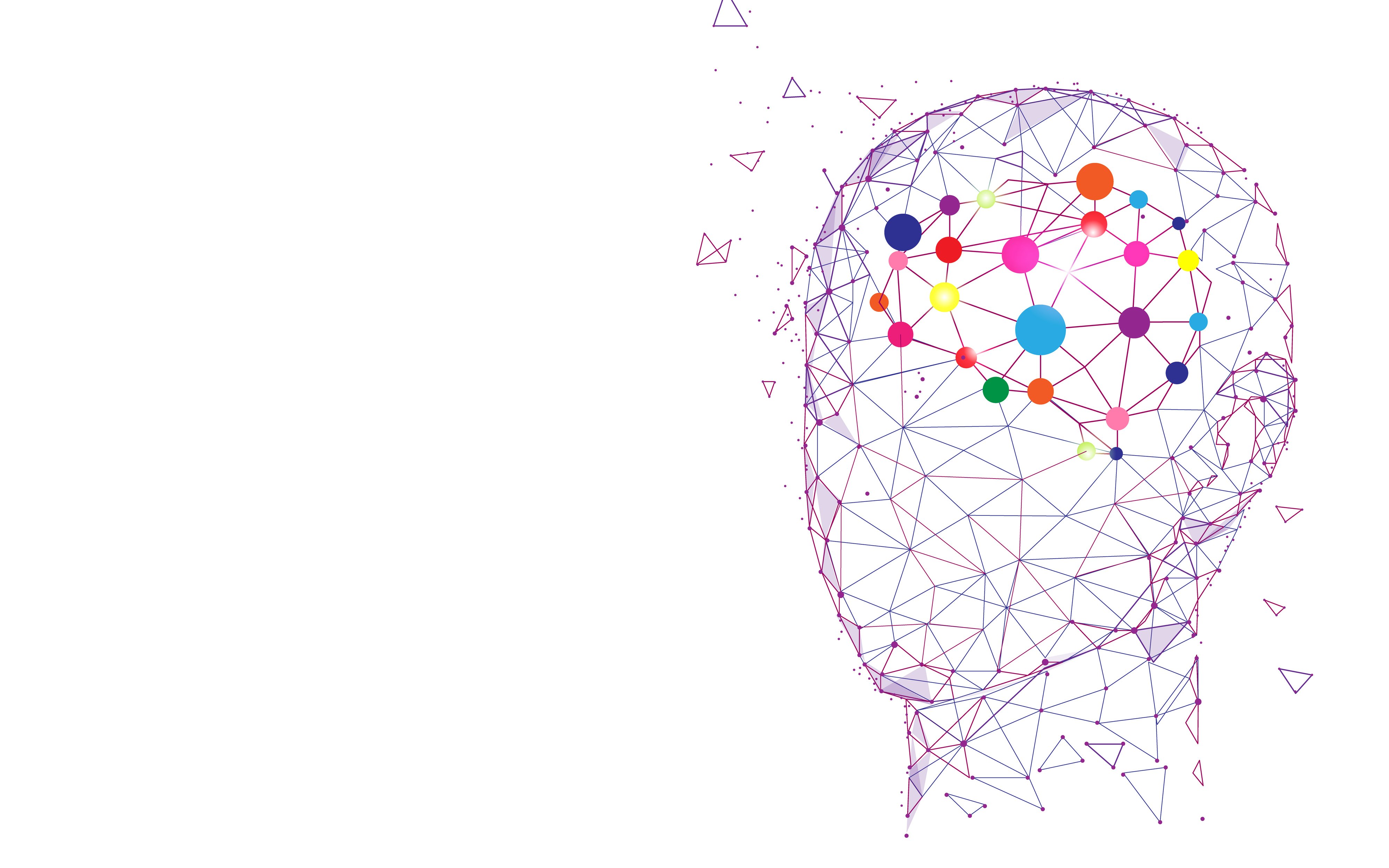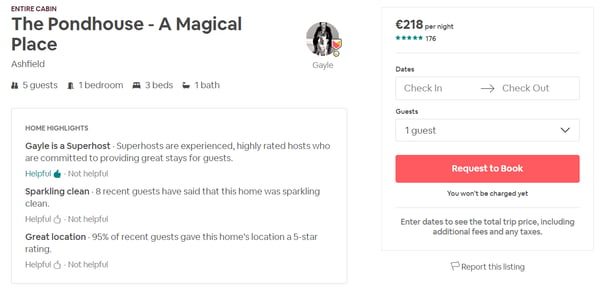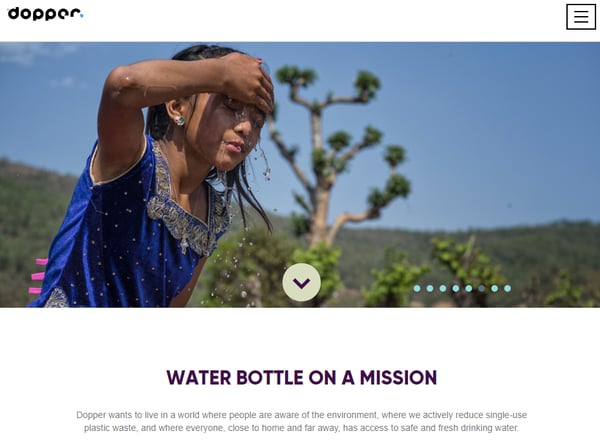June 3, 2020
 by Rahul Varshneya / June 3, 2020
by Rahul Varshneya / June 3, 2020

The human brain is striking.
If you can trace the correct path to cause someone’s mind to flip to your way of thinking, you make the sale.
Think about your last impulsive purchase. Why did you get your new iPhone, those $250 denim pants, or your 7th fidget spinner? It was nothing but an emotional trigger set forth in your brain which caused you to have a wish so deeply, you ended up giving in to the emotion.
Every action you perform is based on your psychology. In fact, when you apply psychology to your sales process, you come out understanding far more about your audience, which in turn can grow your business faster.
In this piece, we will be looking at what the psychology of sales truly is and how you can leverage it to close more deals faster.
Sales psychology is the study of consumer behavior and decision-making processes to understand how buyers think, feel, and act during the sales process. It focuses on analyzing customers' thoughts, emotions, and motivations to identify what drives their purchasing decisions. Salespeople can use this knowledge to effectively address customer needs and influence their decisions.
Comprehending your customer’s needs and relating to them is the cornerstone of a good sales process. People want to be understood, and being able to relate with them through your brand can increase your probability of making the sale.
Sales professionals can tap into a customer's emotions as a way to close a sale. A common mistake in sales pitches is focusing on costs. If a sales associate understands the values of their target audience, strategies can be used to show how the product/service stays in line with those values.
The psychology of selling has been best outlined by Dr. Robert Cialdini in his highly acclaimed NYT bestseller Influence, with six key principles that he highlighted. These principles are reciprocity, commitment, authority, social proof, liking, and scarcity. Dr. Cialdini asserts that each of these principles delves into a person’s psychological responses during a sales setting.
As a sales professional, it is important that you know these six universal principles of influence and how to apply them to become a skilled persuader:
Backed by Dr Cialdini’s breakthrough evidence based, peer reviewed research, as well as well as by a three-year-long comprehensive field study on what moves people to change their behavior, these principles can effectively amplify every sales professional’s ability to change the final outcome to quite an extent and get the ball in their court.
That being said, let us move to our next section to identify how sales professionals can leverage each one of these psychological principles to close more deals faster.
Marketers make use of this principle all the time. The idea behind the principle is basically that the person at the receiving end will feel like they ought to return the favor in exchange for the value offered. Using the principle of reciprocity in your sales strategy is an excellent way to sell more to your customers.
However, you also need to be conscious about using reciprocity in sales, just like you need to be for all parts of your customer’s journey and experience. Moreover, you need to switch it up. You can’t keep doing or offering the same thing over and over again.
For instance, let’s say yours is a service-based company and you give your customers a month of free trial. But when they come back the next time, you provide them another one. And the next time, they get another trial. After three trials or so, they will have tried your service already and the strategy won’t prove to be as effective as it might have been the first time around. So, you miss the whole point and your efforts of acquiring customer loyalty go down the drain instead.
Ideally, you could do the free trial the first time by simply following that up by a set of fancy thank you emails, and maybe a letter opener. These little gifts and the feeling of what they’ll be missing out on, once the free trial ends, would together serve to build a bond that is critical to forming customer loyalty.
When trying to create a strategy based on reciprocity, always try to think through what you can include within your pitches to give your customers something proactively, not reactively. It should fit in naturally and come across as an enhancement of your overall experience. Only then will it both benefit you and your customer.
This principle proposed by Dr. Cialdini revolves around the theory that people like to be consistent with the things they have done or said. Once a person makes a certain decision, he/she often sticks to it whether that happens to be an intelligent choice or not.
Sales professionals can activate consistency within their pitches by asking for, and looking for, small initial commitments that can be sustained. You can also apply this principle by nudging your customer or prospect to take a certain standpoint or some sort of assurance. This gently encourages them to follow the path crafted by you.
So how can sales professionals incentivize this principle? There are a few tested ways you can do just that.
For example, you can ask your leads questions that they will answer with a “yes”. Try to make a connection between the question and what you’re selling. When you get potential customers to say yes, they become much more likely to say yes when it comes to the buying decision. You can also add a yes question to your homepage to apply the consistency principle.
A more subtle approach can be that of providing value in return rather than simply influencing the prospect’s state of mind. Afterall, the best marketing is when customers can’t identify it as an attempt at marketing something. One excellent example of this technique is interactive marketing, where you have the user do something and provide value in return. This can be in the form of a quiz, ultimately answering your customer’s most pressing questions.
The principle of social proof states that people will look to the behaviors and actions of others to determine their own, especially when they are certain. This one is extremely applicable to the buyer journey of your customers since at that particular stage, they’re looking out for social proof by all means to back up the decision they are about to make.
Sales organizations can easily leverage this principle by showing customers relevant case studies, displaying reviews and opinions of others, or going a step further by displaying real-time customer activity notification on their website. In this way, your existing customers sell for you and their actions speak for your organization.
For instance, look at this example from Airbnb where they constantly show their website or app visitors how many people have reviewed the place, how many stars the stay has received on an average, and written reviews of the same.

Therefore, with social proof, it all comes down to showing prospects and customers that a lot of other people have already used, bought or subscribed to your product or service.
The principle of authority proposed by Dr. Cialdini asserts that we are more likely to be persuaded or convinced by a person who we believe holds more knowledge or power than we do. When it comes to closing deals, this simply means that customers are more likely to be persuaded to complete a certain action if the request seems to be coming from a source that is seen as credible.
However, without the right wallet or network, it can be difficult to bag that endorsement from influencers you’re looking for. There are two other ways you can use to leverage authority for your offering:
Expert reviews have to be from someone your target audience will see as an expert on the subject or a figure of authority, generally speaking. Especially for B2B sales, the higher the rank of the person presenting the review, the more valuable the review is perceived to be.
This is one of the strongest ways in which one can establish authority in all likeliness. In order to do this you need to produce content around your business, and you need to do this consistently. This can be a template, blog, infographics, checklist downloads, eBooks, case studies, white papers, videos, guides, book reviews, opinion posts, product reviews, link pages, podcasts, lists, research, interviews, and numerous other types of content.
The principle of authority can easily help you close more deals or establish a client base faster. Take, for instance, the example of PayPal Mafia, the group of PayPal team members who left when the company was sold to eBay in 2002. Some of these went on to start new companies - Tesla, LinkedIn, Yelp and YouTube, to name a few.
These new companies are now worth billions of dollars. The reason? Authority. When introducing new startups or individuals in the media, any association with successful companies is often mentioned (e.g. “Quora was co-founded by two former Facebook employees, Charlie Cheever and Adam D’Angelo”). When we read something like that, we instantly establish a sort of respect for this individual/startup. That makes all the difference.
This is the exact reason why influencer marketing happens to be such a huge market at the moment. A social media influencer or a YouTuber who talks about your products or services will cast a far more wider net than what a regular employee of your organization will. This, in turn, gets more leads flowing your way.
The principle of liking suggests that we are far more likely to comply with requests made by people we have a liking towards. Therefore, customers have a higher probability of purchasing something recommended by people close to them or the ones that they admire.
Factors such as physical attractiveness; intelligence; trustworthiness; similarities in terms of interests, opinions; being complimented for something; having common goals; conditioning and association; and more underpin the principle of liking.
While it may look like these factors are usually practiced offline, your sales team can use them online too. You can have a website that is minimally designed, functional so that users intuitively understand what to do next and that the experience feels natural to them. For field reps, you can arrange frequent seminars or virtual workshops to educate them about the importance of this principle and how they should be conducting themselves.
Secondly, as the world becomes more social, brands that behave like corporations feel unrelatable and cold on the customer’s end. If your customers feel that you can understand the problems they are facing and relate to them, they can understand your brand better and create a sense of similarity.
Customers can also feel attracted to your brand because of what you stand for. For example, one of the best scoring Dutch companies, dopper, leverages the principle of liking by being a ‘Benefit Corporation’. dopper holds a renowned certificate that means the company has a positive ecological and social impact and actively contributes to the economy of the future.

By showcasing a high quality visual about their social projects, directly linked to their mission is a very strong application of the liking principle. It depicts that through the purchase of a dopper bottle, you are contributing to many safe drinking water projects worldwide.
The principle of scarcity proactively outlines the assumption that your customers are always going to want more of what is less. Customers place a higher value on services or products that are scarce than on ones that are abundant. Psychologists note that when an offering is perceived to be scarce, people want it more.
Consider how many times you’ve seen an advertisement stating something like: limited quantities, limited time offer, while supplies last, only a few items left in stock, etc. The feigned scarcity causes a surge in the demand for the product/service, further accelerating the speed at which the deal is closed.
One excellent example of how this principle can be leveraged to boost sales is that of Groupon. The health and beauty giant partners with multiple businesses to offer discounted services in exchange for new customers and a split of the revenue made out of the corresponding deal. Their website often uses a limited time remaining trigger to encourage visitors to purchase a deal right away at the risk of missing out on a good one. The company uses psychological sales persuasion tactics like this one for a number of deals to encourage customers to buy.

When trying to persuade customers using this principle, the science is clear. It isn’t simply enough to educate people about the benefits that come alongside the use of your product or service. You’ll also have to point out what’s so different about your offering and create offers around it to grab your customers’ attention.
Learning more about the psychology behind human behavior and why we do things the way we do them can give an organization a competitive advantage in sales. The more you study people and their behaviors or reactions to your actions, the more you’re going to be able to give them what they need, how they need it and when they need it. In the end, giving people what they need is the only way you can get more deals flowing your way.
Rahul Varshneya is the Co-Founder and President of CurveBreak. Rahul has been featured as a technology thought leader in numerous media channels such as Bloomberg TV, Forbes, HuffPost, Inc, among others.
Given the choice between a higher-priced product with quality reviews and a lower-priced...
 by Krunal Vaghasiya
by Krunal Vaghasiya
People are subconsciously predisposed to certain words, phrases, and patterns.
 by James Riddle
by James Riddle
Given the choice between a higher-priced product with quality reviews and a lower-priced...
 by Krunal Vaghasiya
by Krunal Vaghasiya



